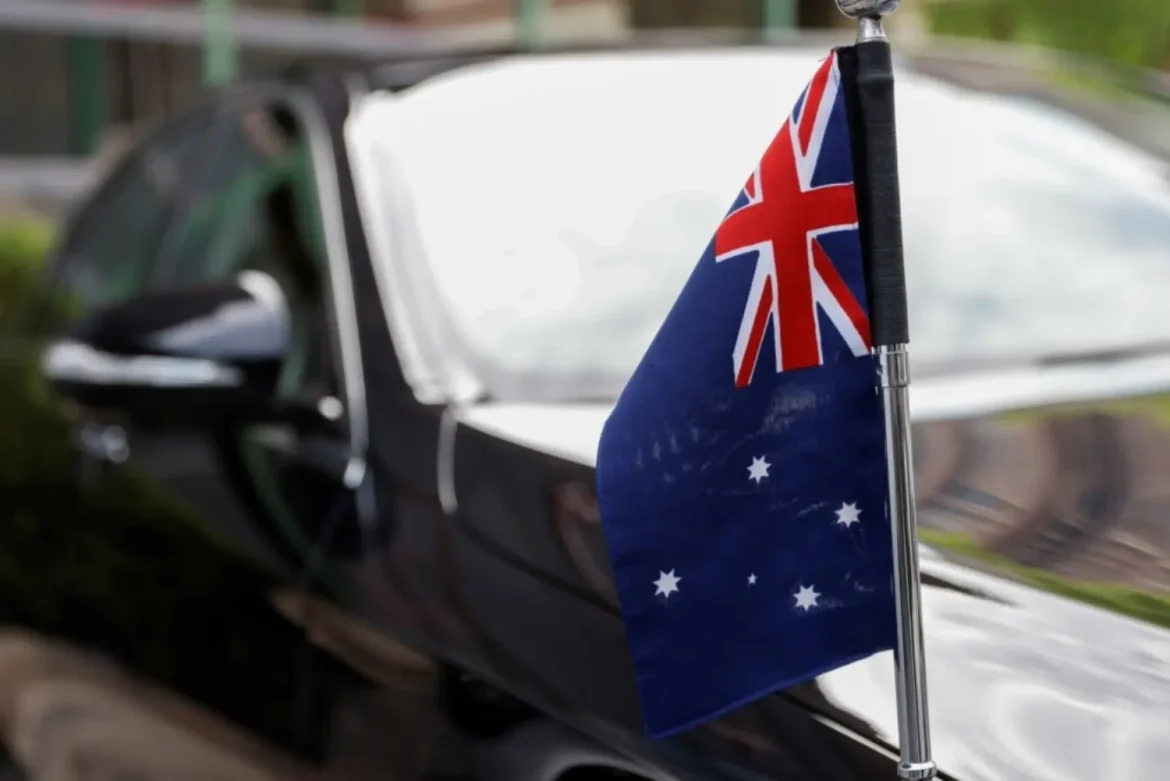Diplomatically, the government has sought to balance its defence build-up with efforts to strengthen regional relationships. Foreign Minister Penny Wong has conducted a series of high-profile visits to Pacific Island nations, promoting cooperation on climate change, development, and maritime security. These efforts aim to reassure smaller nations that Australia’s strategic focus includes their priorities, not solely its own defence needs. Observers note that winning trust in the Pacific is key to countering growing influence from other powers in the region.
Advertisement
The debate over national security also extends to domestic concerns, including foreign interference, cyber threats, and supply chain vulnerabilities. Both major parties have pledged stronger measures to protect critical infrastructure and increase investment in cybersecurity. Independent analysts have stressed that a comprehensive approach must integrate both military preparedness and resilience in sectors such as energy, health, and telecommunications. Public confidence, they argue, depends on demonstrating that national security goes beyond defence hardware alone.
As the political debate intensifies, national security is likely to remain a defining issue in the coming electoral cycle. For the government, the challenge is balancing long-term defence commitments with immediate needs, while maintaining strong diplomatic ties in the region. For the opposition, the focus lies in convincing voters that it has a more effective plan to safeguard Australia’s interests. With regional tensions showing little sign of easing, security policy is set to dominate parliamentary and public discussions well into the future.

